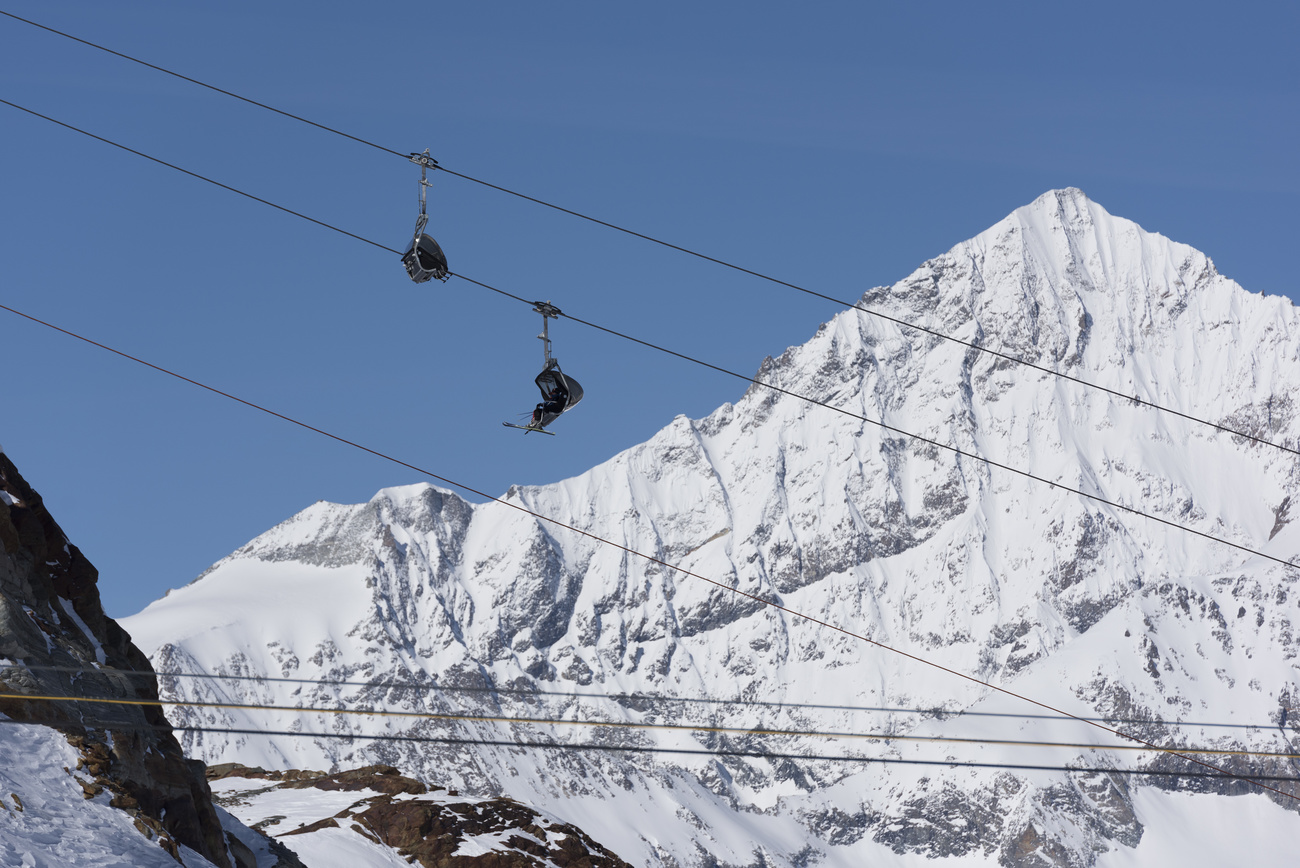
Snow cover in the Alps declining, new study shows

Up to a month’s worth of snow has been lost at low and medium altitudes for the last 50 years, according to the first global analysis of snow trends across the mountain range.
Between 1971 and 2019, the winter snow season shrunk by an average of 22 to 34 days in Alpine areas below 2,000 metres, said the authors of a study published in the journal The Cryosphere on Thursday.
This decline is a “basic trend” that confirms results of previous studies carried out at local or national level, Samuel Morin, a co-author of the paper and director of the French national meteorological research centre, told the Agence France Presse news agency.
More than 30 scientists from Alpine states Italy, Switzerland, France, Germany, Austria and Slovenia participated in the project, which was commissioned by the Italian-based Eurac Research institute. The researchers gathered and standardised disparate observation data from 2,000 weather stations in the six countries.
Snow cover decline varied among different parts of the Alps, ranging from a drop of 2.8cm per decade in the Northern Alps to a drop of 4.1cm in the Southern Alps. Generally the 1970s and 1980s were snowy periods, which were followed by phases of low snowfall in the late 1980s and early 1990s.
Global warming
According to the researchers, there are two factors at play. Winter precipitation is bringing more rain than snow than in the past, which reduces the constitution of the snow cover; and the snow cover is melting more rapidly.
Although the authors did not set out to find a link between climate change and the decline in snow cover, it is “above all global warming that is at work,” said Morin. This trend is less clear at higher altitudes, he added.
Snow cover is important for plant and animal life in the mountains and plays a role in the viability of winter tourism, agriculture, water supply and hydropower.
The Swiss Federal Institute for Forest, Snow and Landscape Research and the Federal Office of Meteorology and Climatology (MeteoSwiss) participated in the study.

In compliance with the JTI standards
More: SWI swissinfo.ch certified by the Journalism Trust Initiative


























You can find an overview of ongoing debates with our journalists here . Please join us!
If you want to start a conversation about a topic raised in this article or want to report factual errors, email us at english@swissinfo.ch.